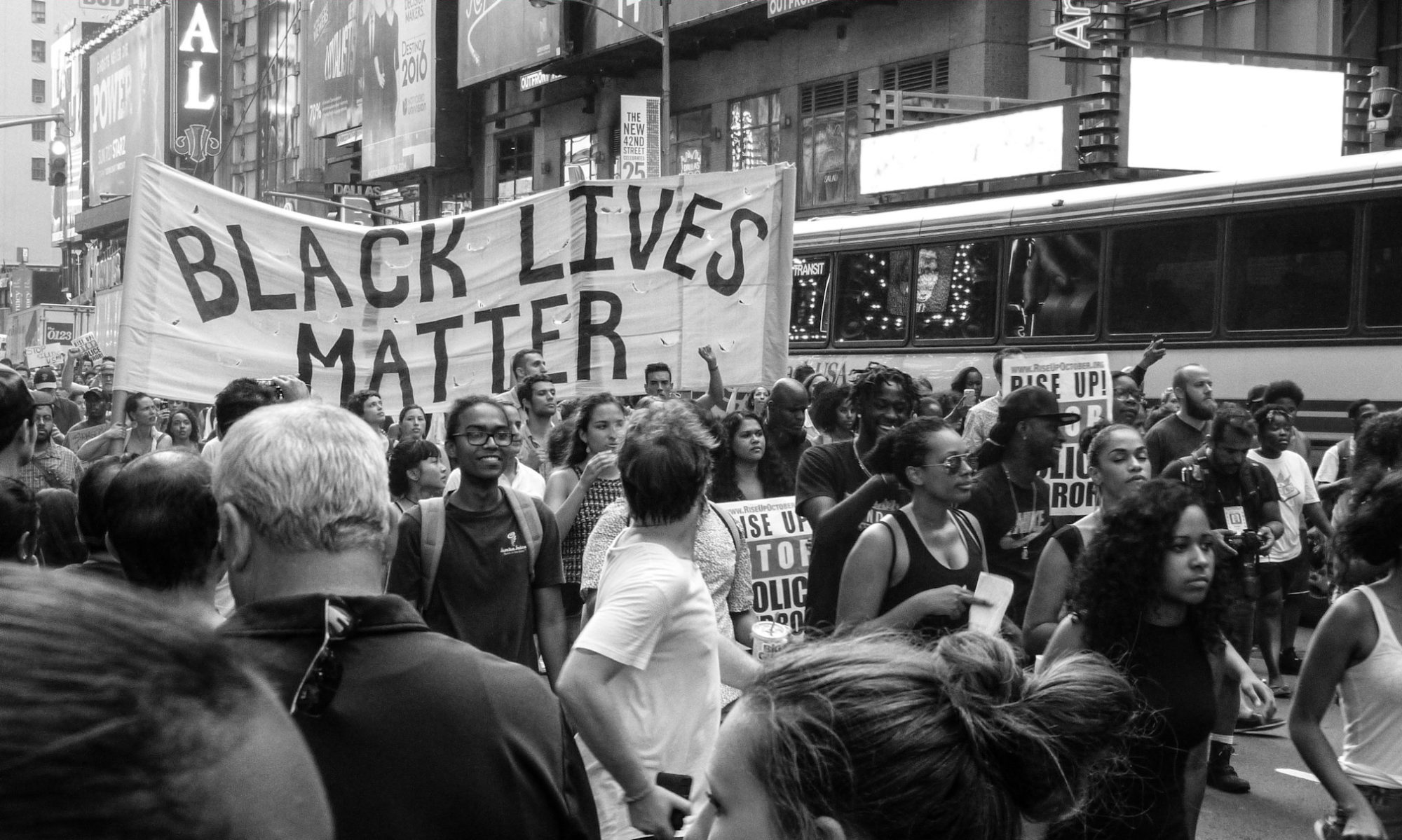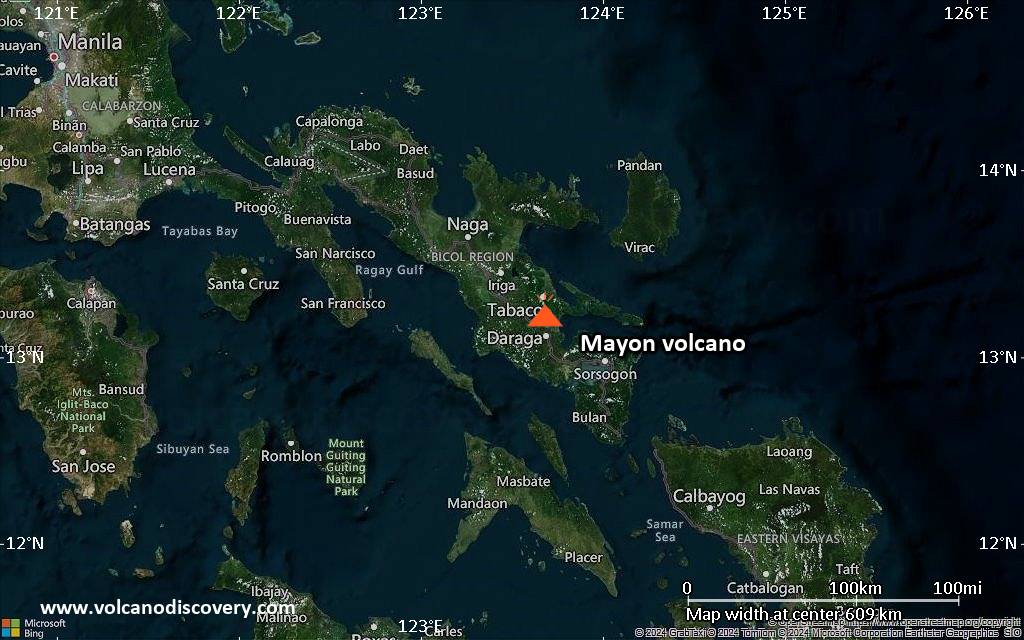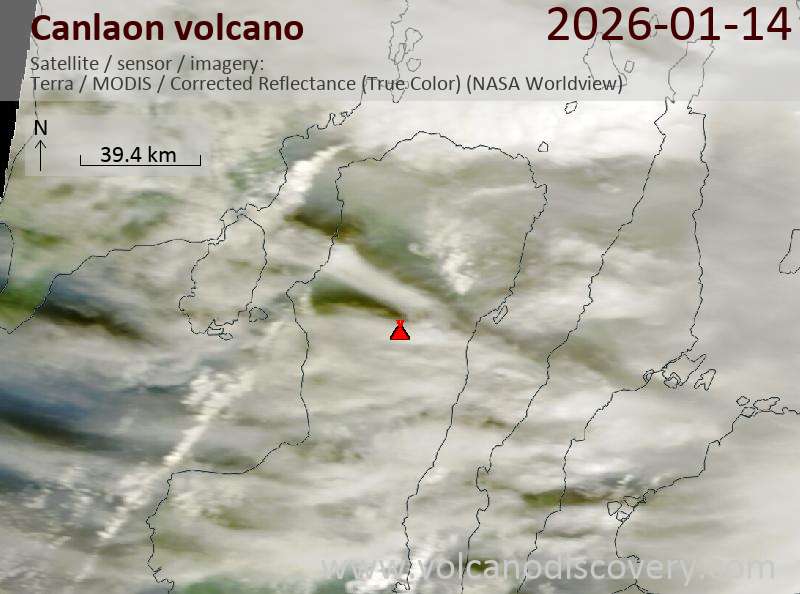Ahead of attending the World Economic Forum’s annual meeting in Davos, which begins on 19 January, Amnesty International’s Secretary General, Agnès Callamard, said:
“The ‘spirit of dialogue’, the theme for this year’s meeting in Davos, has been painfully and increasingly absent from international affairs of late. President Trump’s first year back in office has seen the United States withdraw from multilateral bodies, bully other states and relentlessly attack the principles and institutions that underpin the international justice system. At the same time, the likes of Russia and Israel have continued to make a mockery of the Geneva and Genocide Conventions without facing meaningful accountability.
“A few powerful states are unashamedly working to demolish the rules-based order and reshape the world along self-serving lines. Unilateral interventions and corporate interests are taking precedence over long-term strategic partnerships grounded in universal values and collective solutions. This was evident in the Trump administration’s military action in Venezuela and its stated intent to ‘run’ the country, which the president himself admitted was at least partially driven by the interests of US oil corporations. Make no mistake: the only certain consequence of vandalizing international law and multilateral institutions will be extensive suffering and destruction the world over.
“When faced with diplomatic, economic and military bullying and attacks, many states and corporations have opted for appeasement instead of taking a principled and united stand. Humanity needs world leaders, business executives and civil society to collectively resist or even disrupt these destructive trends. It requires denouncing the bullying and the attacks, and strong legal, economic, and diplomatic responses. What should not happen is silence, complicity and inaction. It also demands engaging in a transformative quest for common solutions to the many shared and existential problems we face.
The ‘spirit of dialogue’, the theme for this year’s meeting in Davos, has been painfully and increasingly absent from international affairs of late.
Amnesty International’s Secretary General, Agnès Callamard
“We need UN Security Council reform to address abuse of veto powers, robust regulation to protect us against harmful new technologies; more inclusive and transparent decision-making on climate solutions; and international treaties on tax and debt to deliver a more equitable, rights-based global economy. But this will only be achievable through cooperation and steadfast will to resist those who seek to strongarm and divide us.”
Agnès Callamard will be attending the World Economic Forum’s Annual Meeting in Davos throughout its duration from 19 to 23 January. She will be available for media interviews on a range of human rights issues, including:
- Israel’s ongoing genocide against the Palestinians in Gaza
- The USA’s military action in Venezuela, Russia’s war of aggression against Ukraine, and the conflicts in Sudan, DRC and Myanmar
- The importance of revindicating and revitalizing multilateralism
- The need for global tax and debt reform and universal social protection
- The urgent need for a full, fast, fair and funded fossil fuel phase-out
- The need to massively scale up climate finance, including to address loss and damage
- Big Tech, corporate accountability and the risks of deregulation
- How to limit the harmful impact of artificial intelligence on human rights, including the right to a healthy environment
The post Davos: Meaningful dialogue requires a collective stand against military, economic and diplomatic bullying appeared first on Amnesty International.



